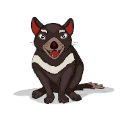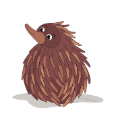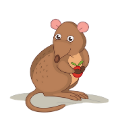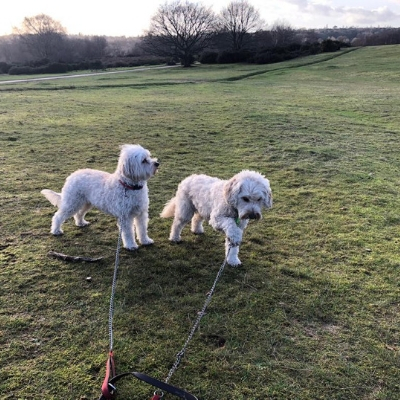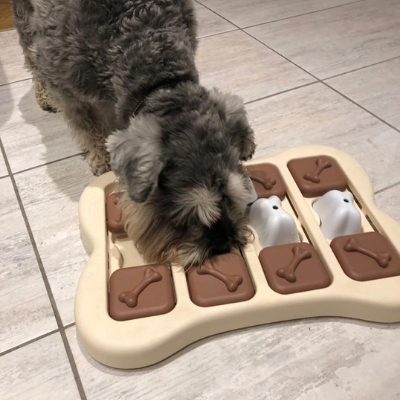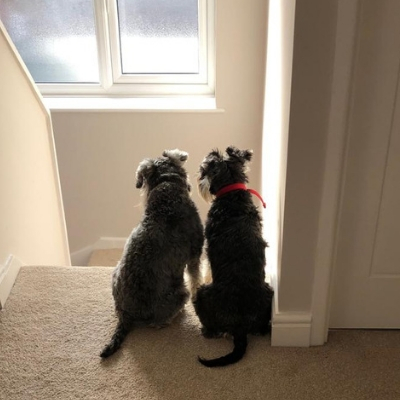Freedom to express normal behaviour
All dogs should be allowed to express normal behaviours. A normal behaviour is the way an animal acts in its natural environment. Enough space, proper shelter and housing, as well as company of the animals own kind, encourages the expression of normal behaviours.
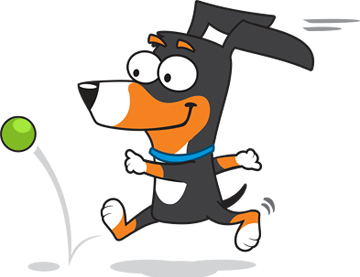
Did you know that there is a special law protecting animals?
This law is called the Animal Welfare Act. The Animal Welfare Act says that your animal has five groups of welfare needs. These are five groups of things that animals need to be healthy and happy. These five welfare needs are called the Five Freedoms.
Under the Animal Welfare Act all animal guardians (owners) need to provide these five groups of things for their animals. One of these Five Freedoms is: Freedom to Express Normal Behaviour. In this section you will learn about this freedom and how you can make sure your dog or puppy receives the exercise and enrichment he or she needs to be free to express his or her normal behaviour.





















